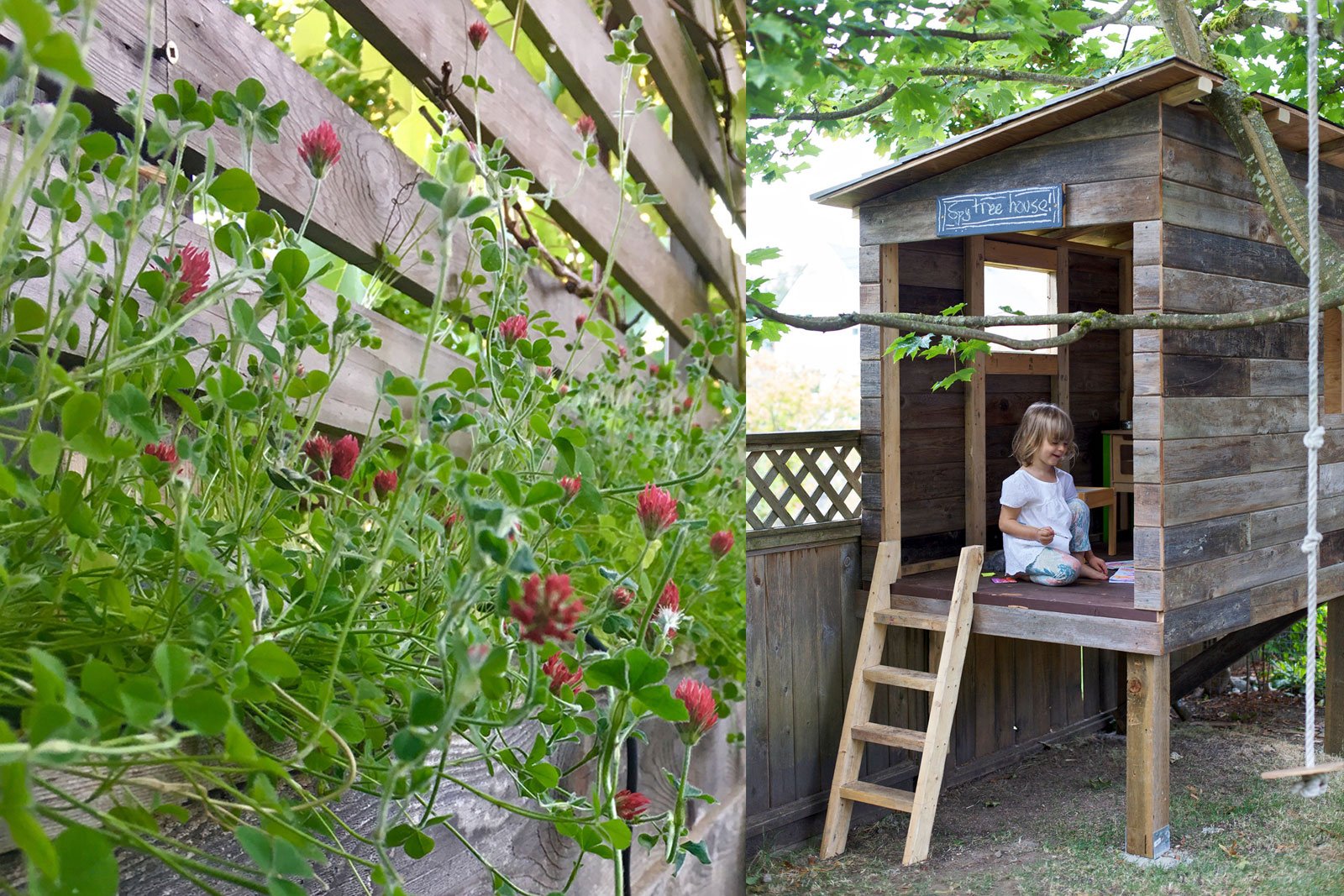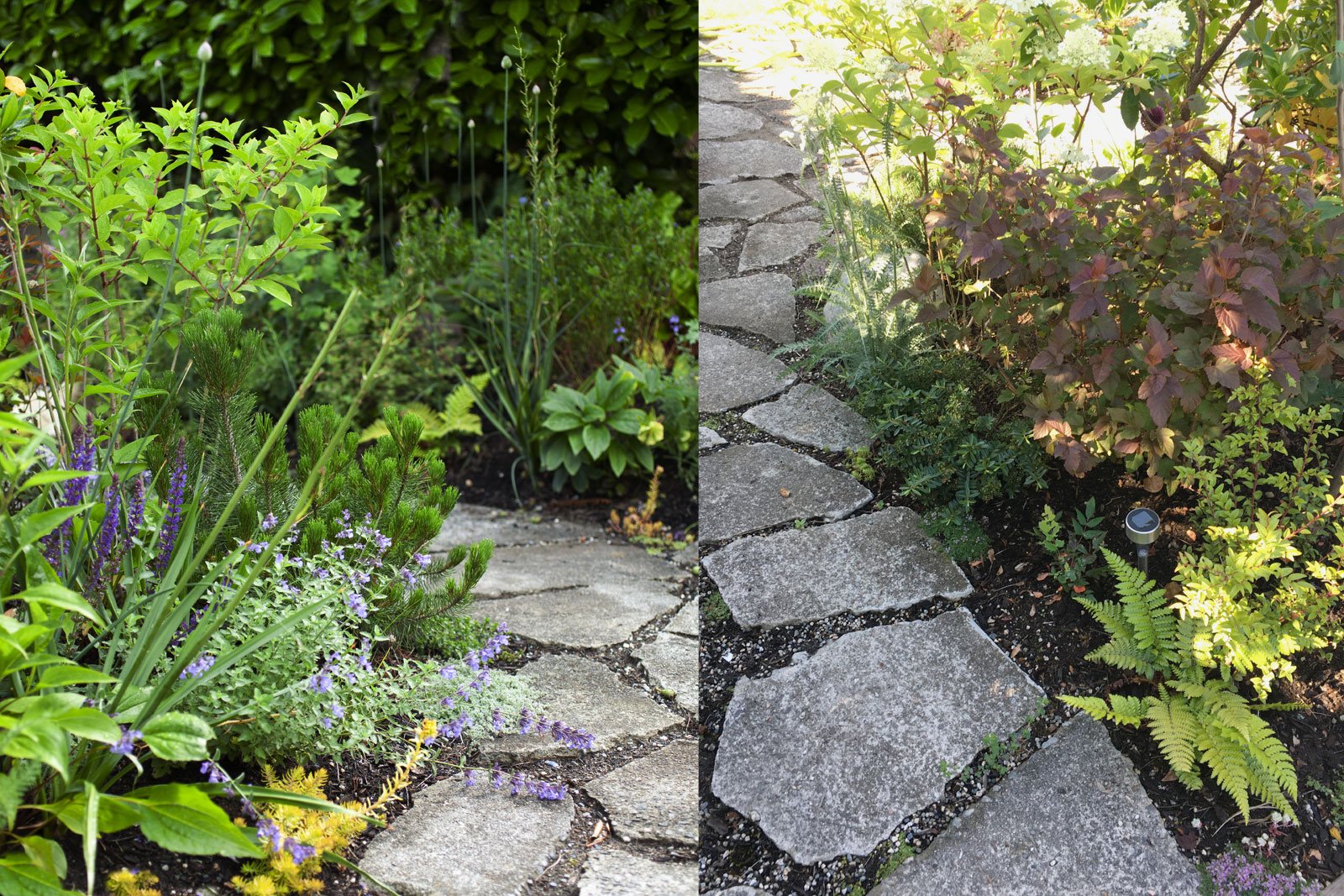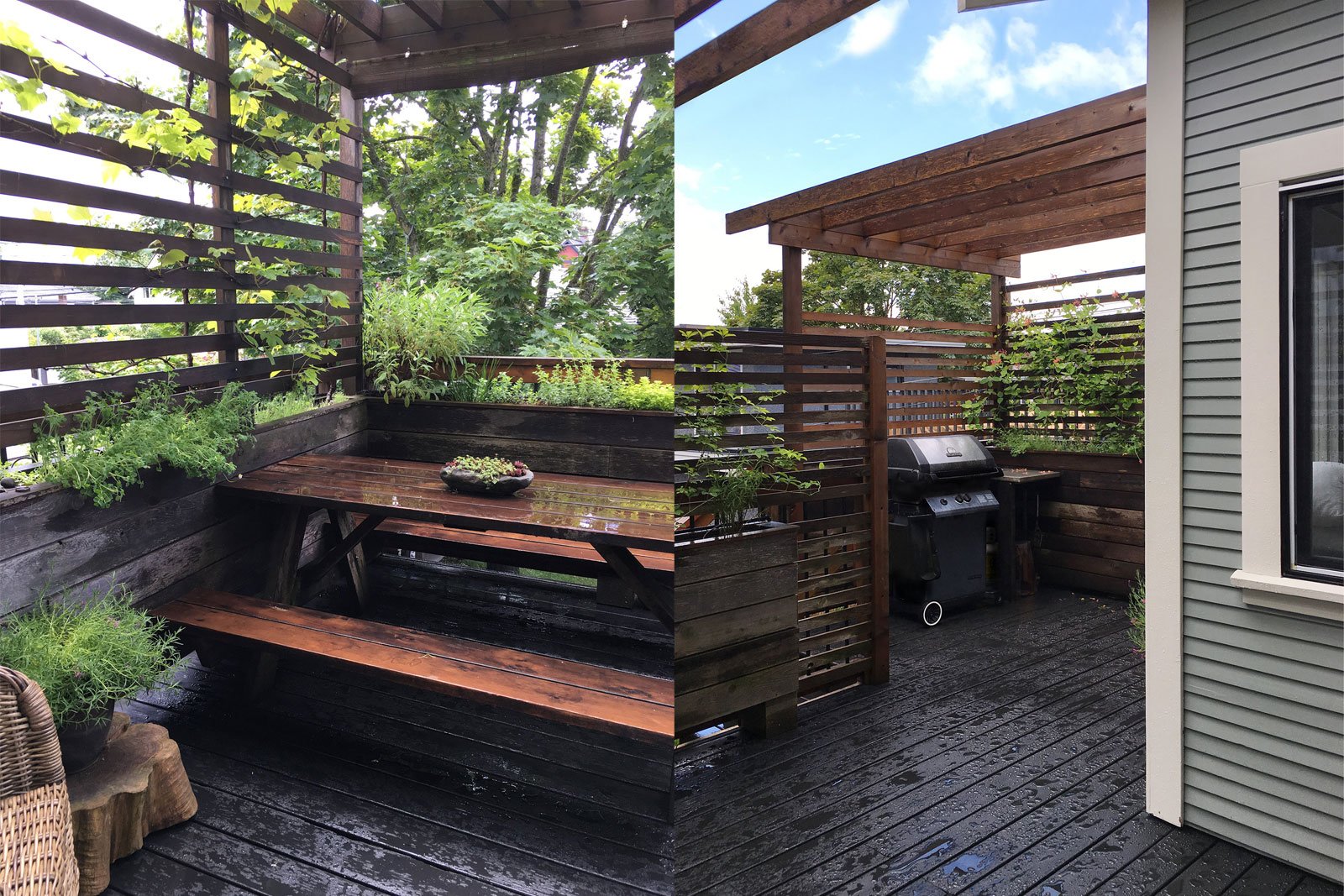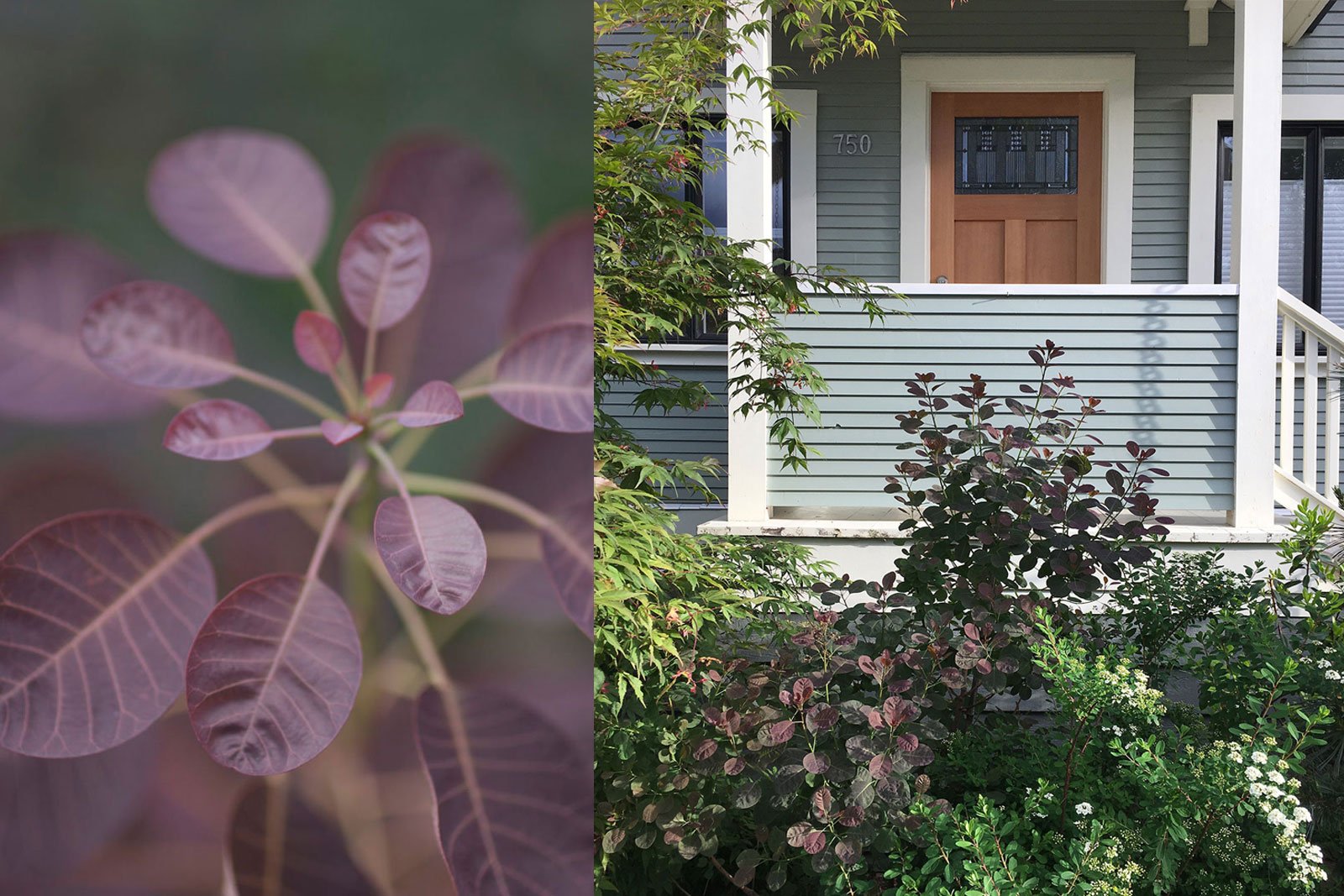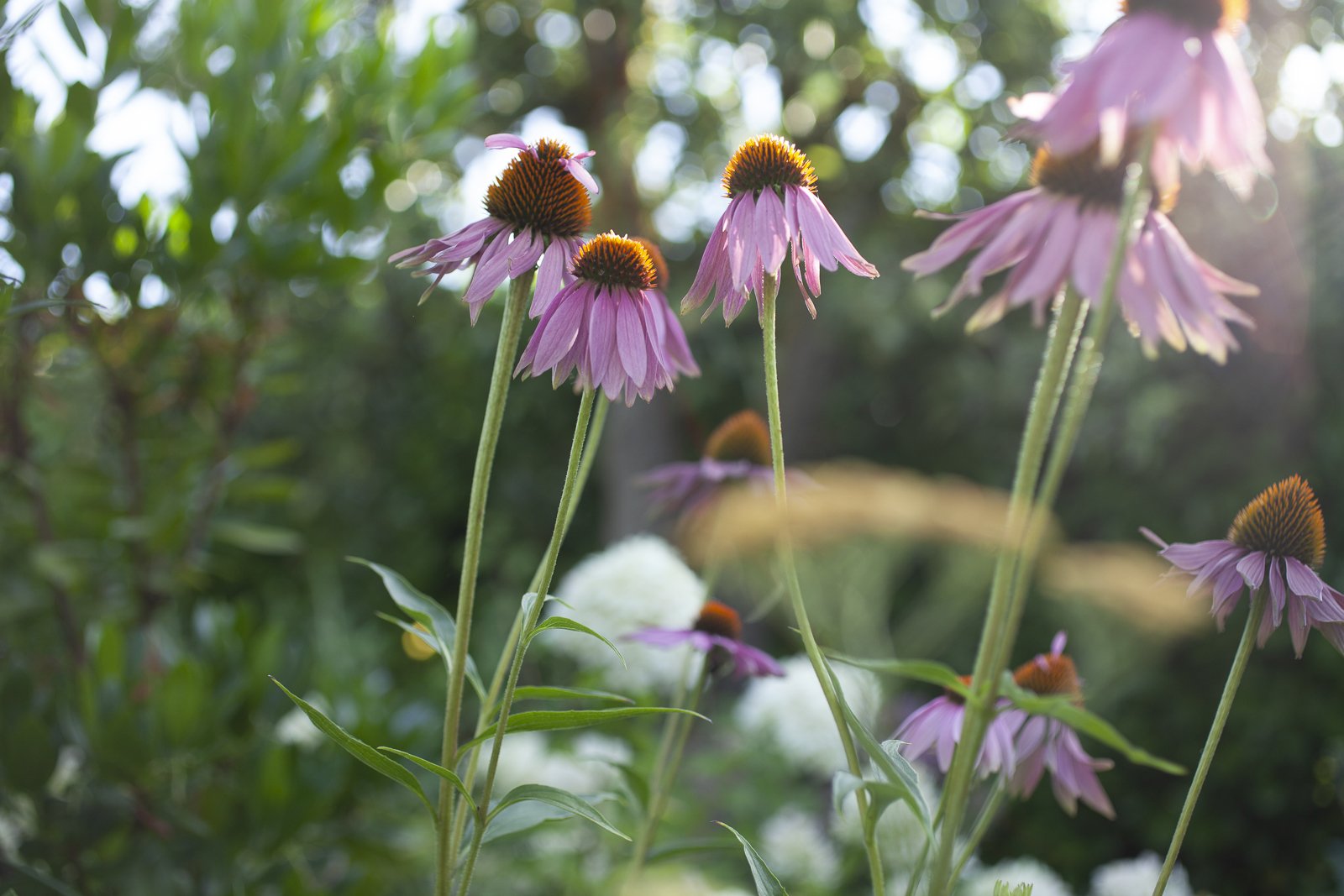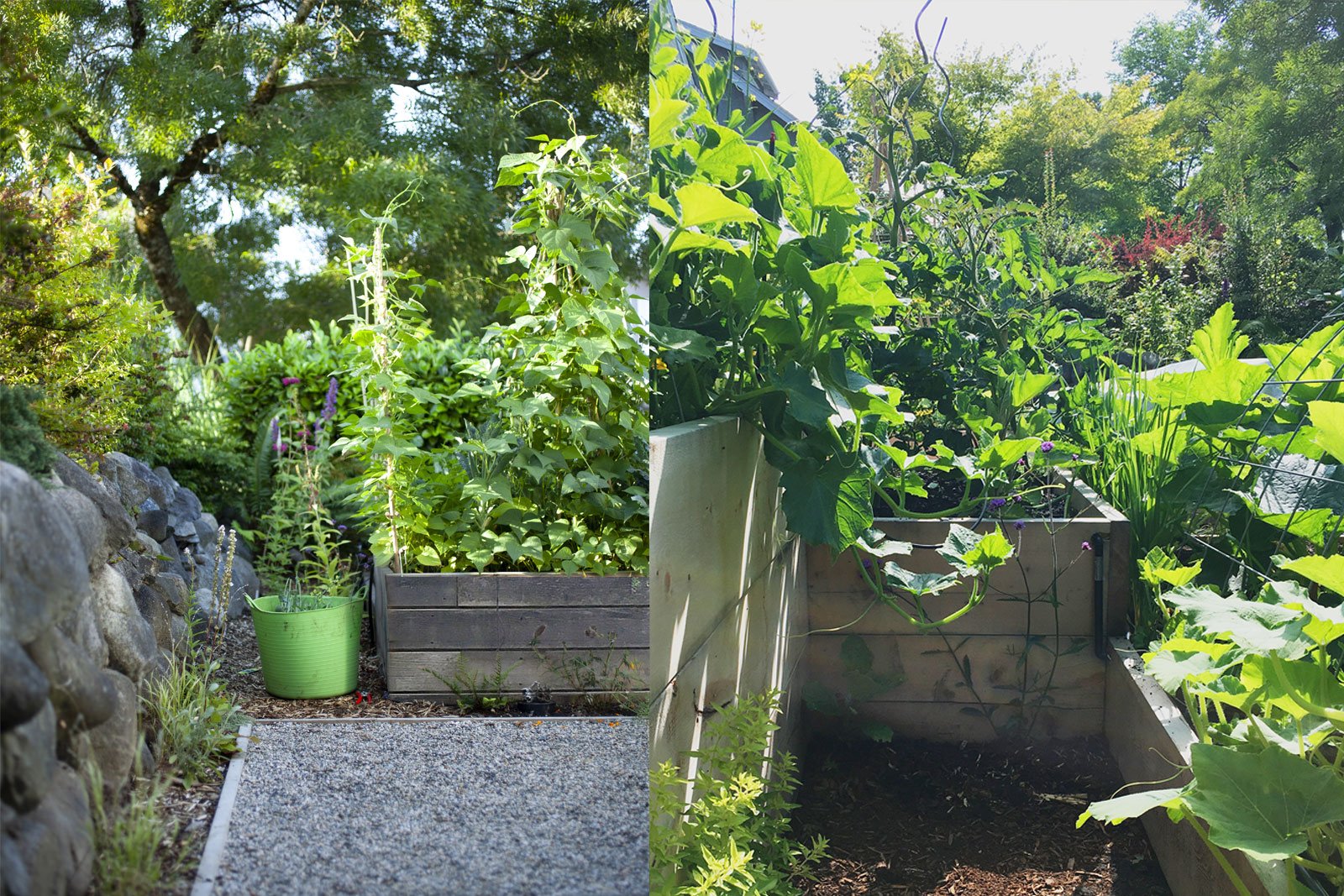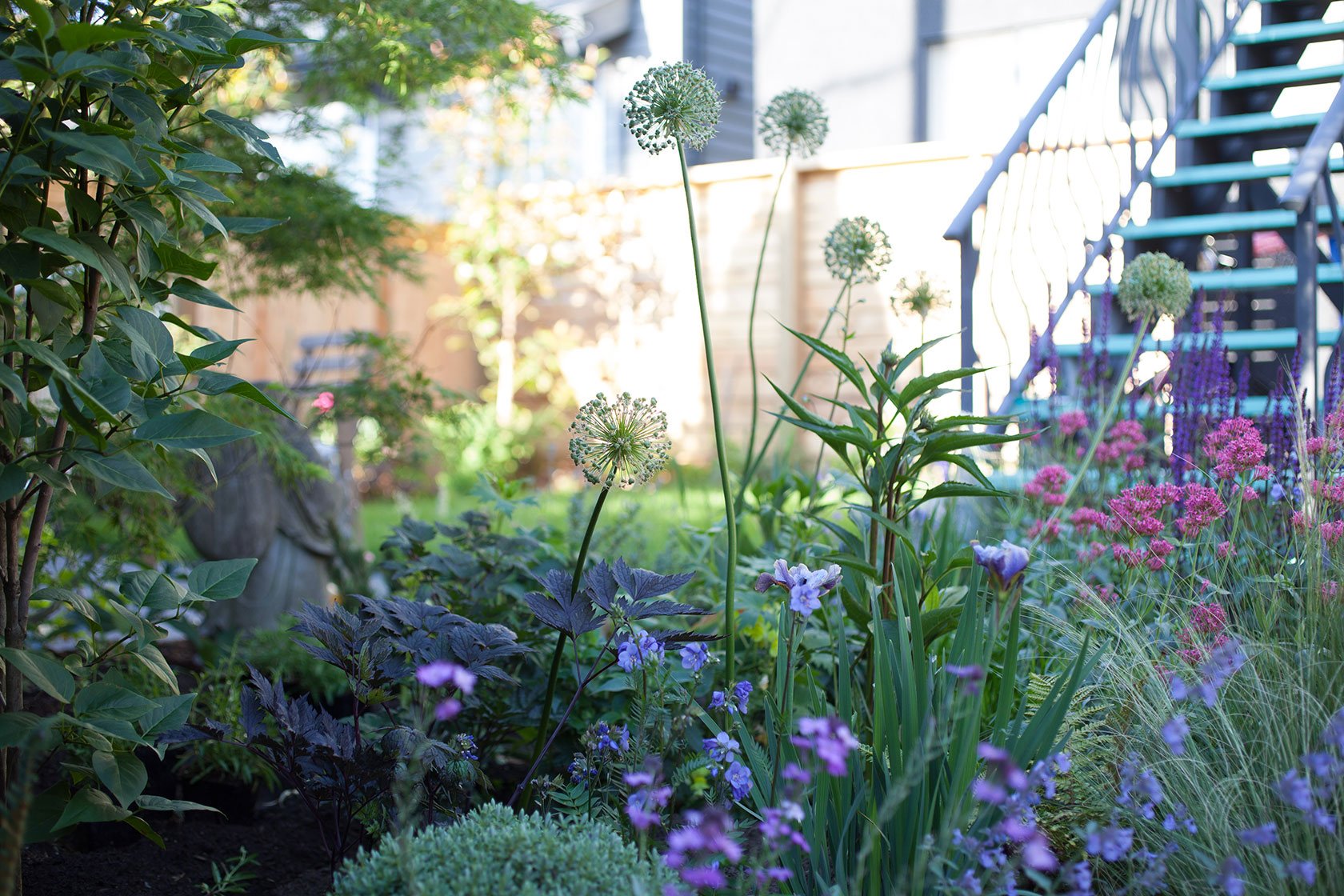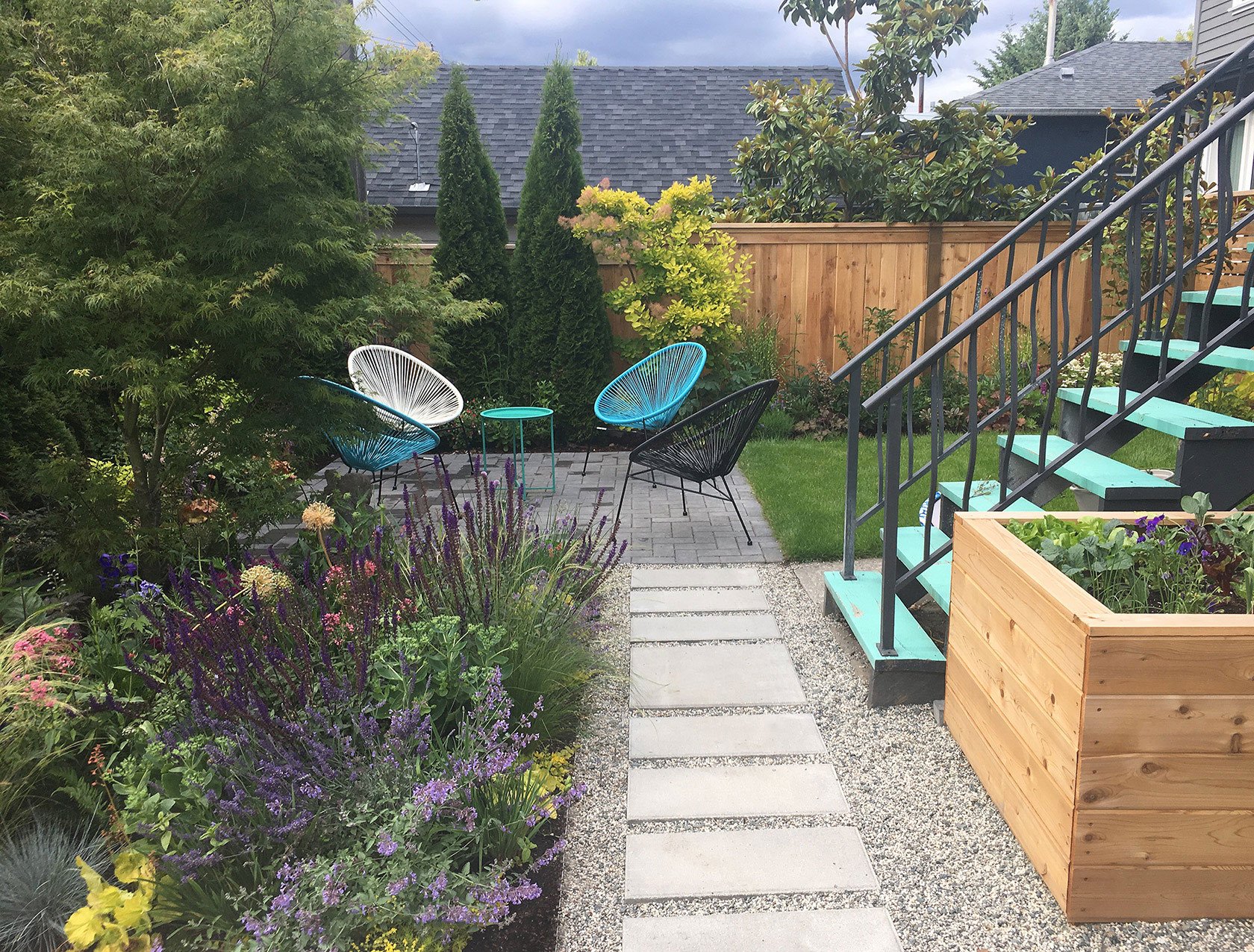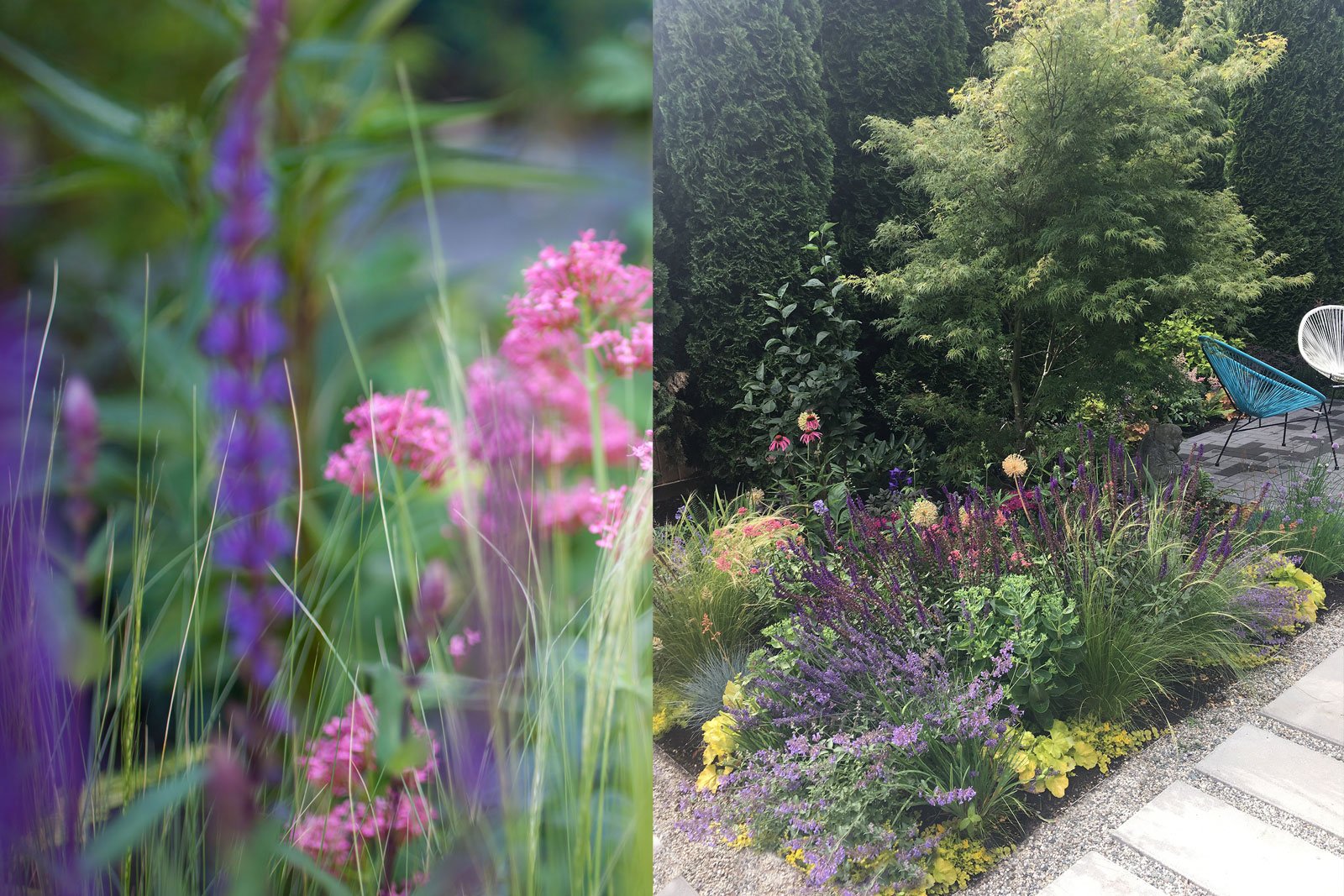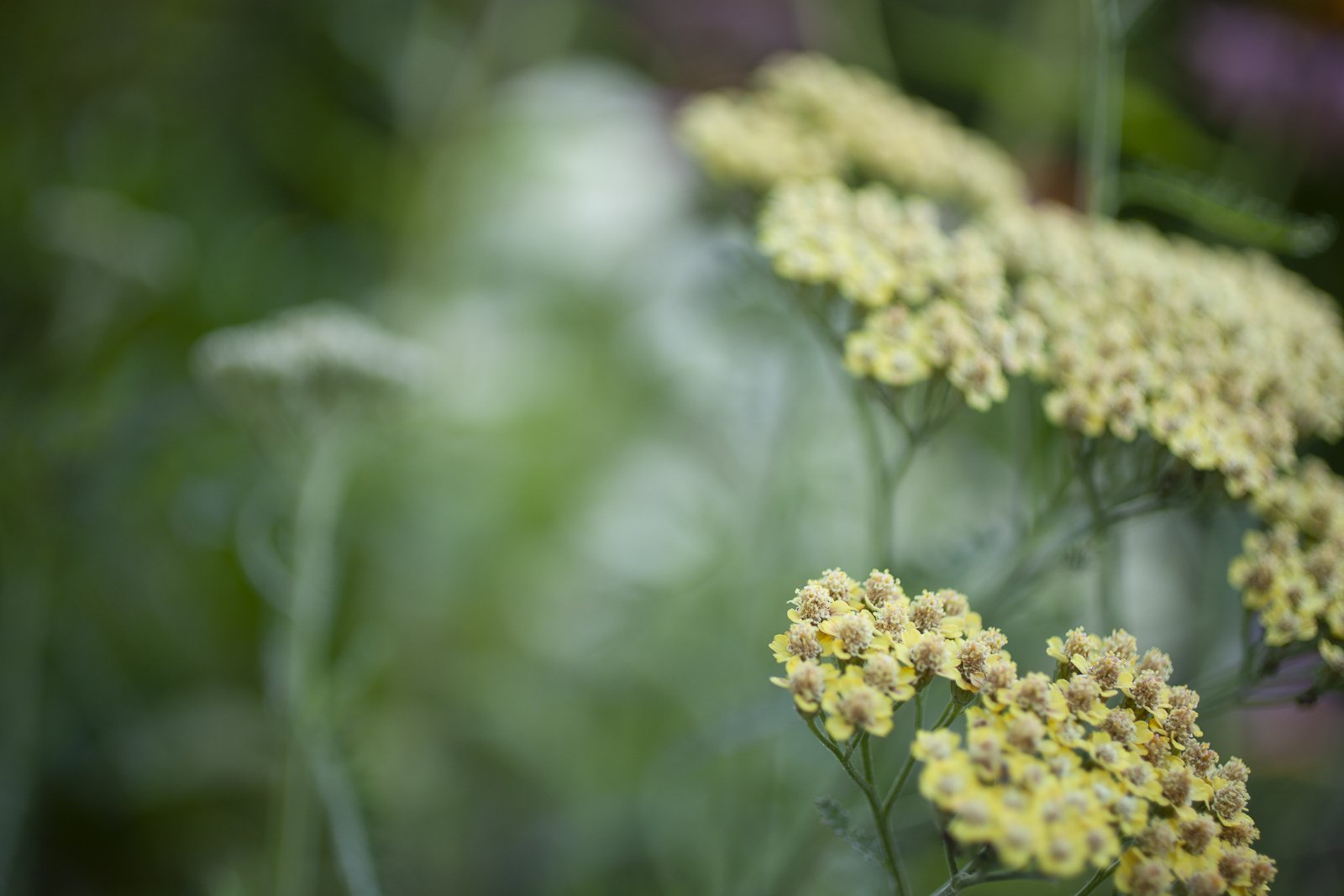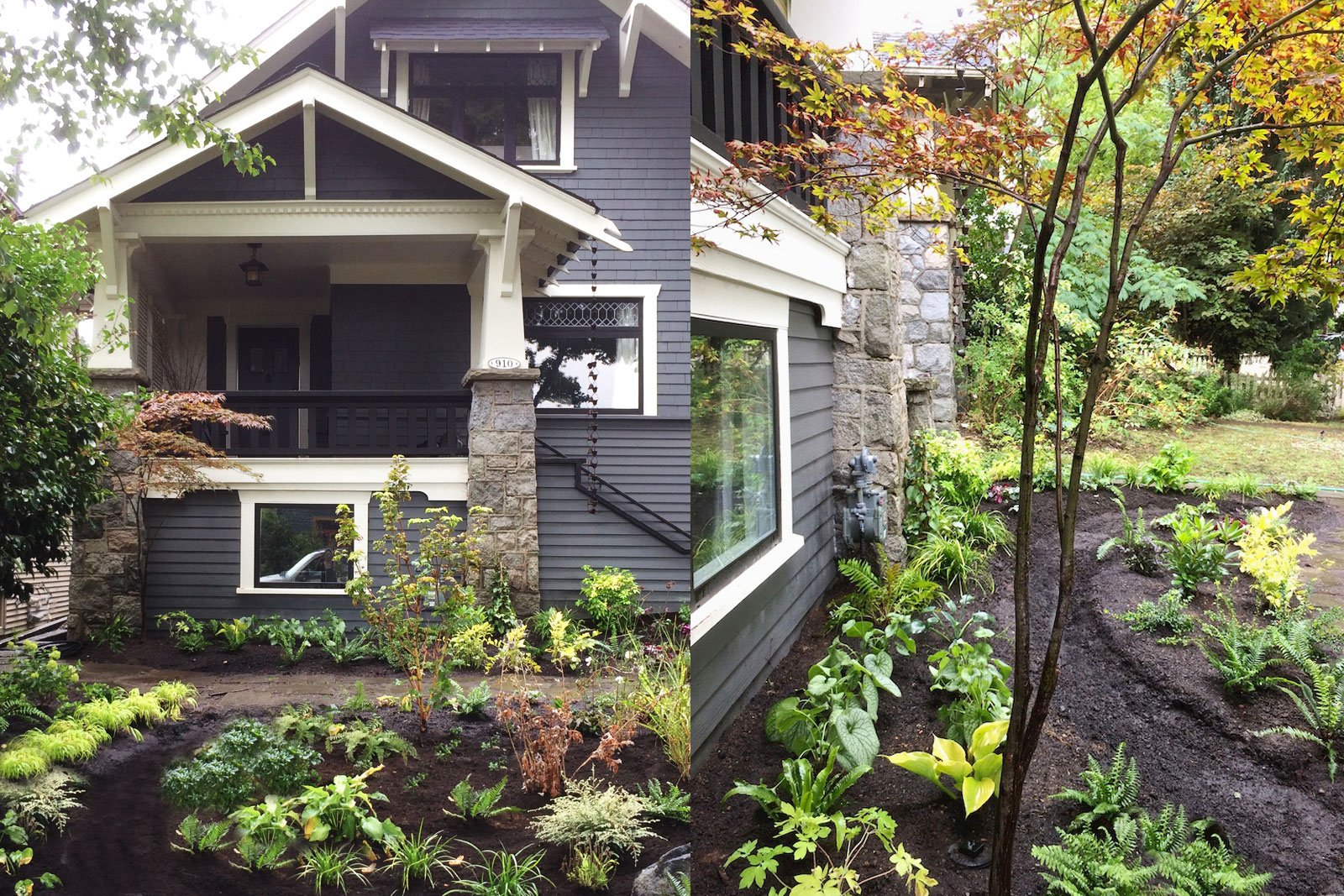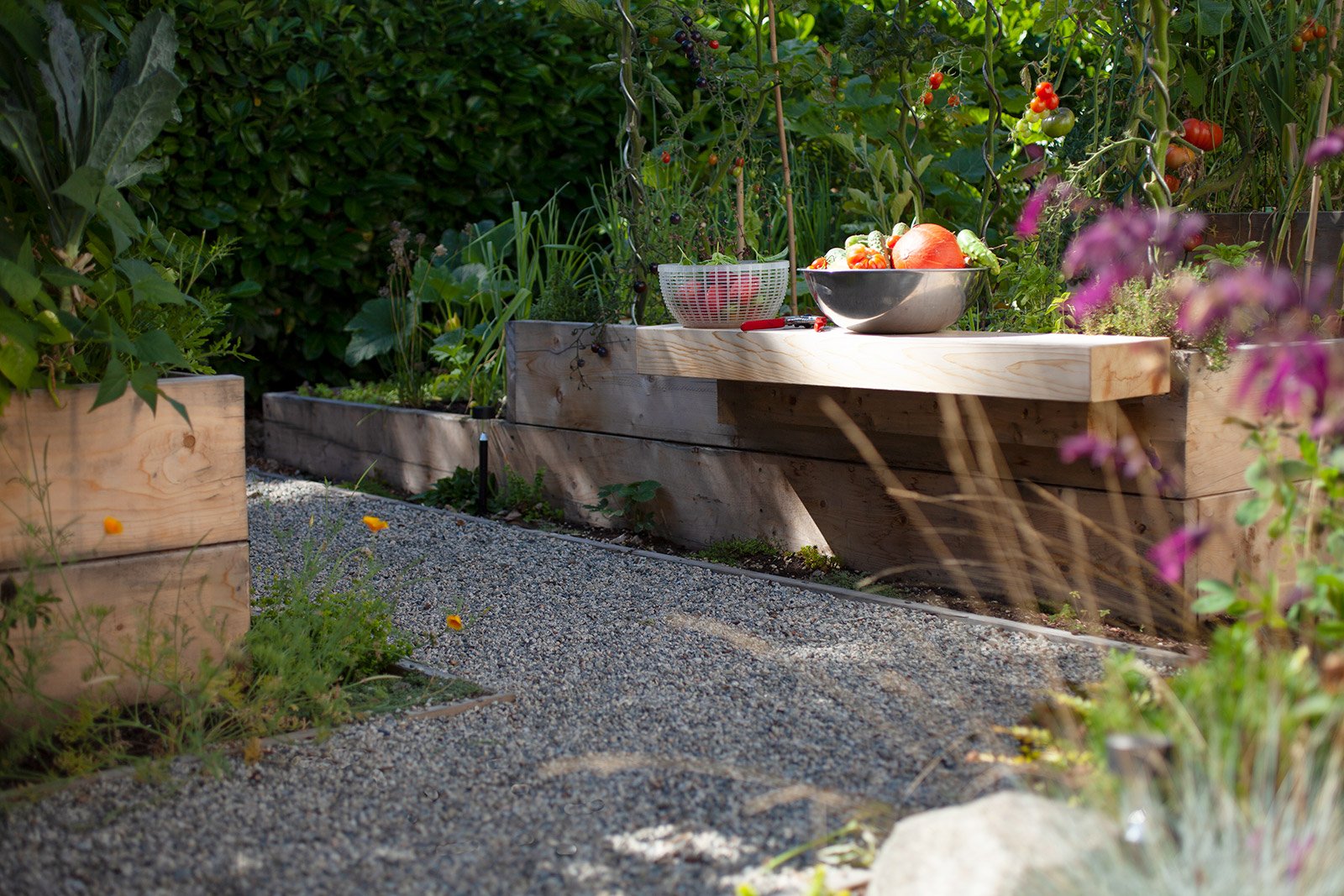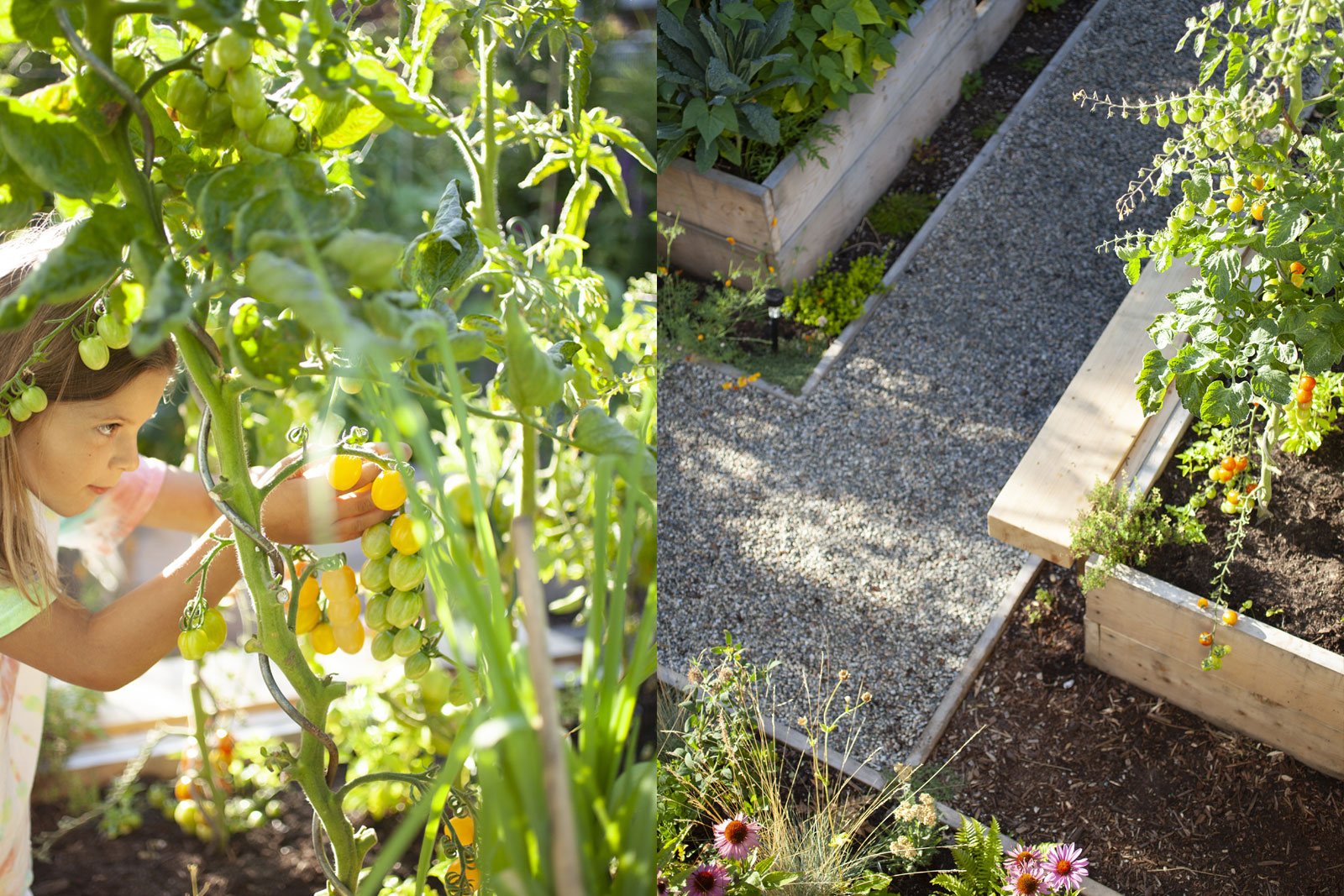ECOLOGICAL LANDSCAPE DESIGN
COMMUNITY PROJECTS
COPLEY ORCHARD: CLIMATE CHANGE RESILIENCY PLAN 2019- 2022
The Cedar Cottage Food Network Society (CCFN) contracted me to design a Climate Change Resiliency Strategy for the Copley Community Orchard (CCO) in East Vancouver. Utilizing permaculture design principals and techniques, four design elements were introduced: Flowering Meadow conversion from mowed grass, Swales to capture and divert rainwater flow and reduce erosion during storm events, Hedgerows to add native species and habitat to the urban agricultural space, and Fruit Guilding to replace grasses with groups of lower perennial plants each unique ecological functions. Workshops were developed and led to share ideas with the community. (Project currently in its installation phase with support by a connected group of orchard stakeholders)
HORNBY ISLAND FIRE HALL: NATIVE FOREST SUCCESSION PLAN 2017-2018
In early 2017, I was asked to design a landscape plan for the newly constructed Hornby Island Fire Hall, incorporating use of local native species to connect to surrounding mature forest ecosystem. Incorporating existing water flow paths and slope, I incorporated swales to create a barrier between a public access picnic/rest spot with a more private use area for recreation and gatherings.
(Project currently in its installation phase with support by a connected group of landscapers horticulturalists, designers and neighbours)
RESIDENTIAL PROJECTS
LUSINA FURST RESIDENCE (2022)
YARDLEY RESIDENCE (2022)
KANG RESIDENCE (2022)
BREWSTER RESIDENCE (2022)
ZINSLI RESIDENCE (2022)
McFARLING RESIDENCE (2021)
DOWLER RESIDENCE (2021)
LUCARINO RESIDENCE (2021)
ROWE RESIDENCE (2020)
FEDERAL RESIDENCE (2020)
FLECK RESIDENCE (2020)
BRETT RESIDENCE (2020)
WOOD RESIDENCE (2019)
CHEN RESIDENCE (2019)
WEATHERALL RESIDENCE (2019)
LAVITT RESIDENCE (2019)
MAZZUCCO RESIDENCE (2019)
BOA RESIDENCE ( 2018)
SINCLAIR RESIDENCE (2018)
CRAWFORD RESIDENCE (2017)
VINCENT RESIDENCE (2016)
MURPHY RESIDENCE (2015)
FREEMAN RESIDENCE (2015)
How to build a more resilient landscape
Multi-layer plantings: From ground cover to under-story tree canopy, capturing, slowing and reuse of rainwater can be an incredible resource. Multi-layered gardens can slow and capture rainfall and hold /divert it deeper into our soils.
Increase permeable surfaces: Rainwater needs to reach our soils. a regenerative garden utilizes materials that allow rainwater to infiltrate our soils and build our groundwater aquifers. Moisture that remains available in our soils keeps our beneficial organisms alive, allows nutrients to be utilized by plants.
Soil building: Building soil with on-site leaves as mulch in your garden can offer many benefits. Reducing labour, increasing nutrient and water holding capacity of your soils to ensure your garden stays healthy and strong.
Reusing materials: Conserve water and improve watershed health with a garden designed to retain and naturally divert Rainwater Deeper into the soil, the deeper it goes the less water you will need to supplement over the summer months. Consider reusing materials found on site instead of buying new.
Feeding with compost: pouring synthetic fertilizers on our gardens does not make them stronger or healthier. Plants can only uptake certain nutrient ratios from soil and the excess nutrients are leached out and can end up in our waterways disrupting fragile aquatic ecosystems. Top dressing your garden every two years with a really a good organic compost will benefit your investment.
Increase biodiversity: Revitalize natural ecological systems that focus on balance and vitality rather than on single plants in isolation. Create More Connections!
Benefits of a resilient landscape
Pollinator Support: Provide habitat for butterflies, birds and pollinators that work to make our fruit, flowers & vegetables plentiful and healthy.
Food nutrients and security: Grow local and organic food for your family. Healthy organic soils will ensure the right balance of nutrients make it to your food.
Emotional Health: Spending time in a vibrant garden can increase levels of serotonin and reduce anxiety. people who live near green spaces display greater calm, as well as a stronger sense of connection to neighbours.
Save you time and Money: A well designed garden is a garden where the right plants are planted in the right location so they can succeed on their own, giving you more time to relax and enjoy.












